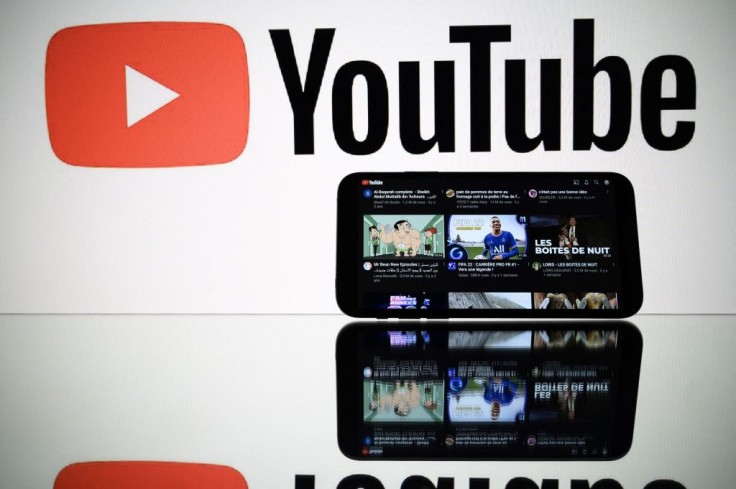A new study from Mozilla found out that the content control buttons of YouTube barely work. This means that even when you dislike a certain type of video, you will still receive similar recommendations, as per The Verge.

YouTube Control Buttons Barely Work
If you ever experienced that it is difficult to make YoutTube algorithm follow your commands, and it keeps on suggesting a certain type of video which is quite related to the ones you disliked, you're not alone in this dilemma.
According to Engadget, you will find it difficult to make YouTube follow and understand your preferences accurately.
Based on the new research conducted by Mozilla, the YouTube's in-app controls such as the "dislike" button "are largely ineffective as a tool for controlling suggested content."
Reports said that the dislike button, intended to dictate your content preferences, actually "prevent less than half of unwanted algorithmic recommendations."
Moreover, The Verge reported that buttons like "not interested," "dislike," "stop recommending channel," and "remove from watch history" are found to be ineffective at filtering similar contents from being recommended to users.
The study used video recommendations data from more than 20,000 YouTube users through the RegretsReporter. This is a browser extension that allows people to "donate" their recommendations data for study purposes.
Four different controls were tested by the Mozilla researcher, including the thumbs down "dislike" button, "not interested," "don't recommend channel," and "remove from watch history."
While the researchers found out that these four controls have "varying degrees of effectiveness," the overall result remains "small and inadequate."
The report indicated that these content control buttons still let more than half the unwanted algorithmic recommendations.
Furthermore, at their worst, the said buttons that are supposed to filter recommended contents barely block similar videos the user said he's not interested in.
Study Concluded YouTube's Control is Inadequate
According to The Verge, the data used in the study were collected from the 500 million recommended videos.
From the data, the research assistants made over 44,000 pairs of videos, including one "rejected" video, plus a video subsequently recommended by YouTube.
Afterward, the pairs of videos were assessed to identify if the recommendation "was too similar to the video a user rejected," as per The Verge.
"Don't recommend from channel" appears to be the most effective of the four controls, which prevented 43 percent of unwanted recommendations. It was followed by "remove from watch history," which garnered 29 percent.
Meanwhile, "not interested" was the least effective since it only prevented about 11 percent of unwanted video recommendations. The "dislike" button obtained 12 percent.
According to The Verge, the researchers still concluded that the platform offers inadequate means of filtering or blocking unwanted video recommendations.
"YouTube should respect the feedback users share about their experience, treating them as meaningful signals about how people want to spend their time on the platform," the researchers from Mozilla said, as cited by The Verge.
In response to the findings of the study, YouTube spokesperson Elena Hernandez said these are expected results since YouTube does not attempt to filter all content related to a topic.
Moreover, Hernandez criticized the report from the study of Mozilla researchers. According to her, the study doesn't give considerations how YouTube created its control system.
Related Article: YouTube Crypto Scam Steals Bitcoin, Ethereum and More: Do Not Fall for Fake Giveaways!









